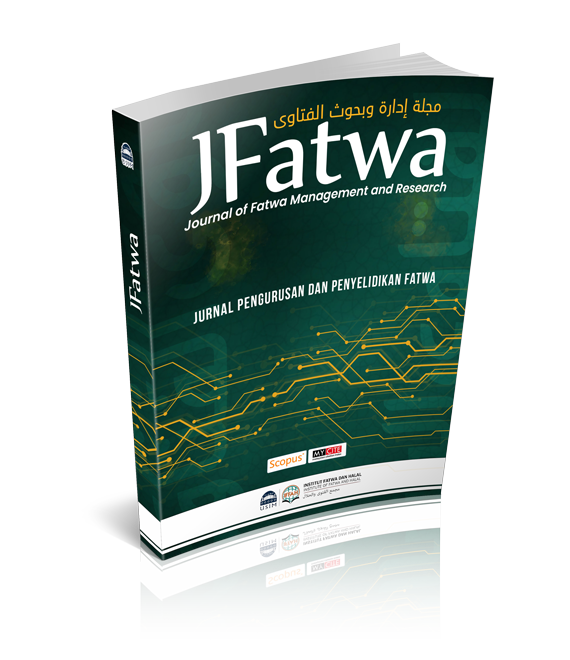Revised Article Processing Charges (APC) for JFATWA
JAFTWA remains fully committed to open access: every article we publish is immediately and permanently free for readers worldwide. To preserve this model while upholding the highest publishing standards, we are revising our Article Processing Charges (APC). All articles accepted after 1 June 2025 will be subject to the revised APC, as follows:
RM1,900 (main/corresponding author based in Malaysia)
USD450 (main/corresponding author based outside Malaysia)
These fees are invoiced only after a manuscript has successfully completed peer review and been formally accepted; there are no charges at the point of submission, and the double-blind review process remains entirely independent of any payment considerations.
The APC underwrites the essential functions that keep JFATWA credible and accessible. It sustains a rigorous peer-review system in which manuscripts are assessed by subject-area specialists and every editorial decision is recorded transparently, safeguarding scholarly integrity from submission to publication. It also covers professional journal production and comprehensive metadata enrichment that maximise global discoverability. Also, the fee supports secure online hosting on the latest OJS platform with frequent backups, perpetual digital archiving for long-term accessibility, and the creation of full XML and HTML versions to ensure wider indexing and seamless machine readability across research databases. Finally, the APC enables us to maintain a skilled technical team that oversees day-to-day operations and ensures reliable support for authors and reviewers throughout the publishing process.
We thank our authors, reviewers and readers for their continued support and look forward to publishing high-impact research that advances Shariah, fiqh, fatwa and halal studies.
— JFATWA Editorial Office












